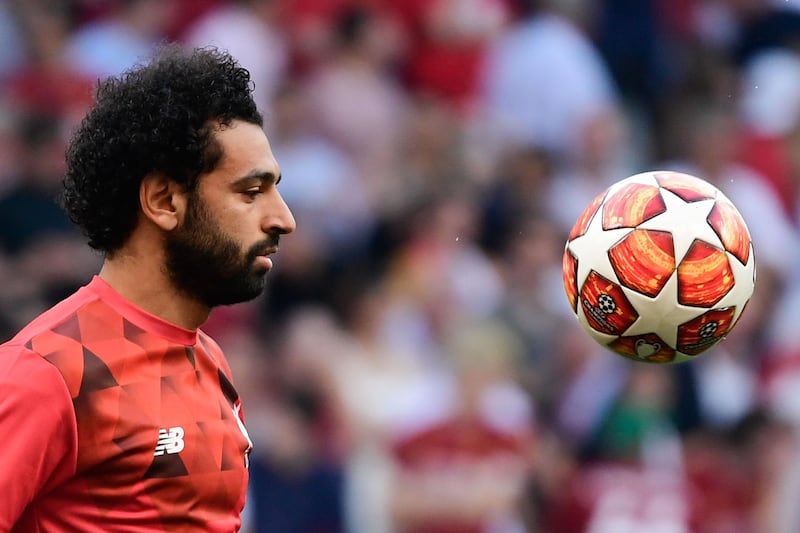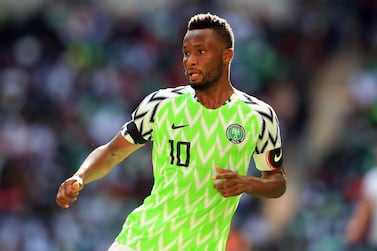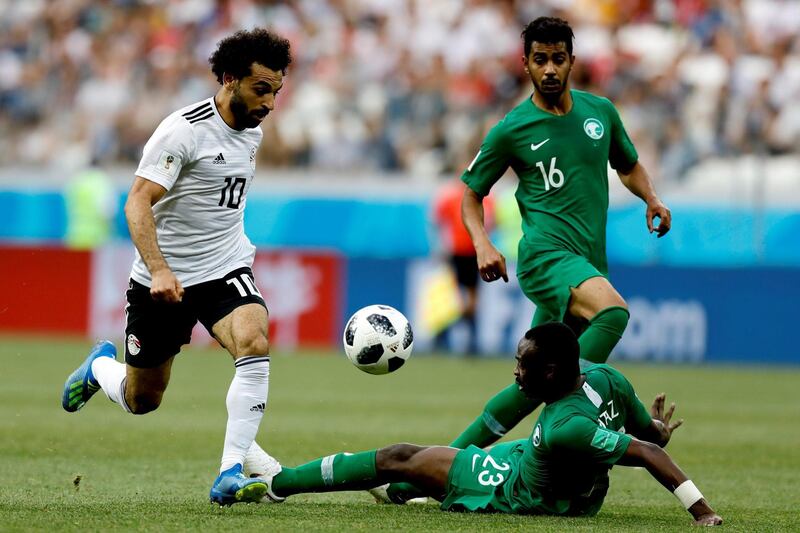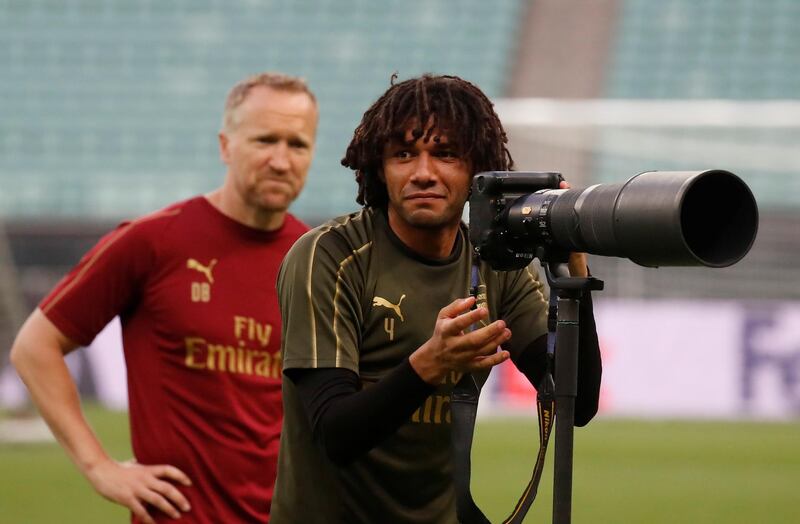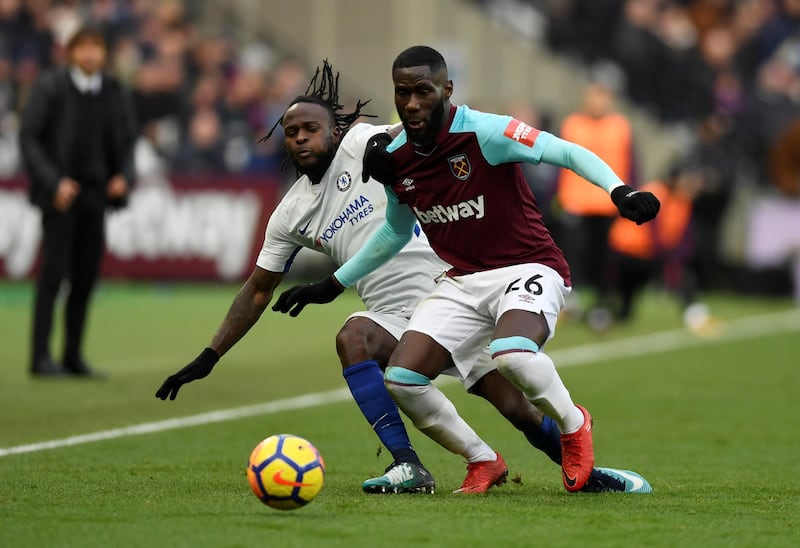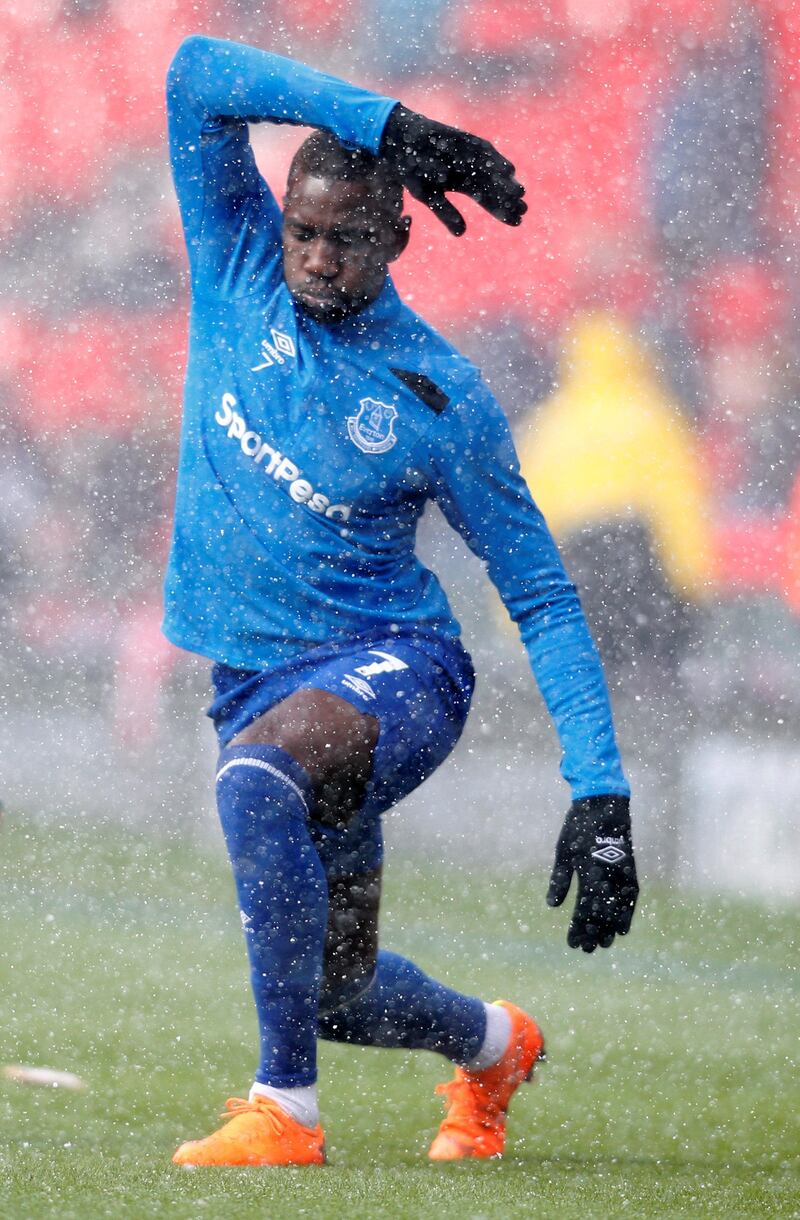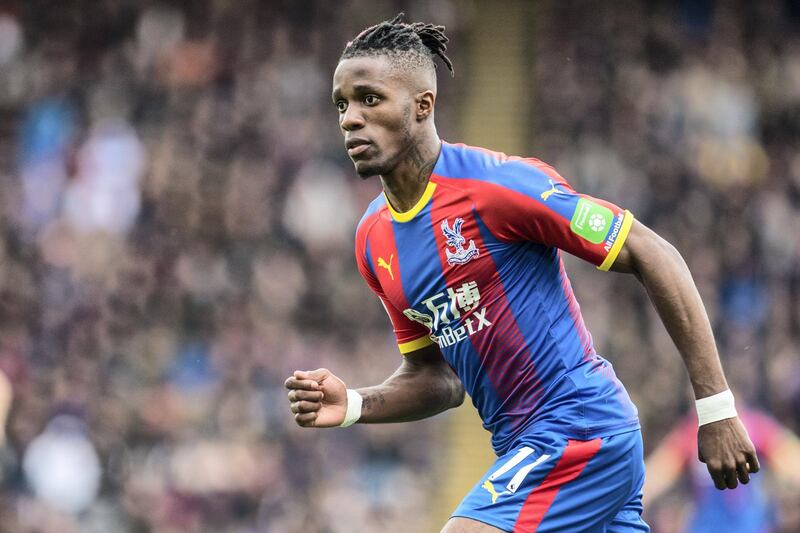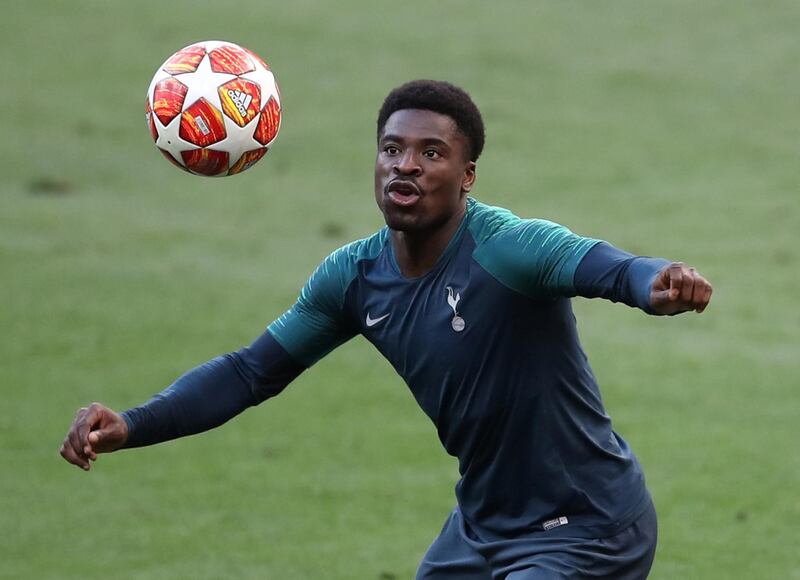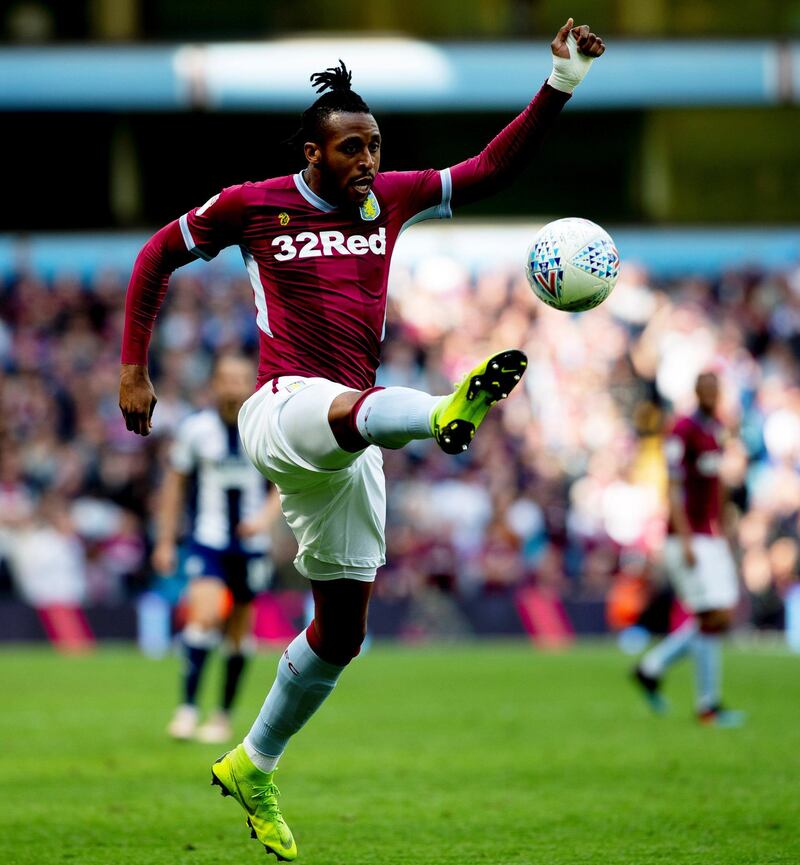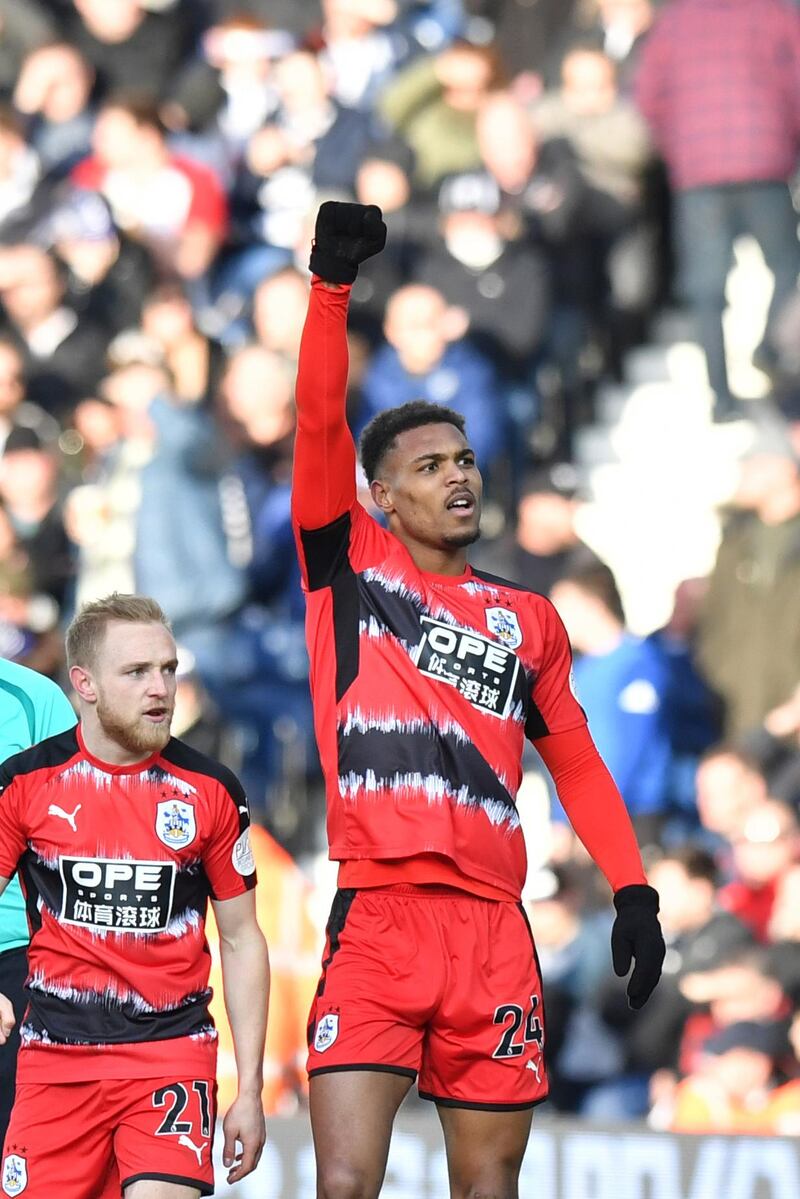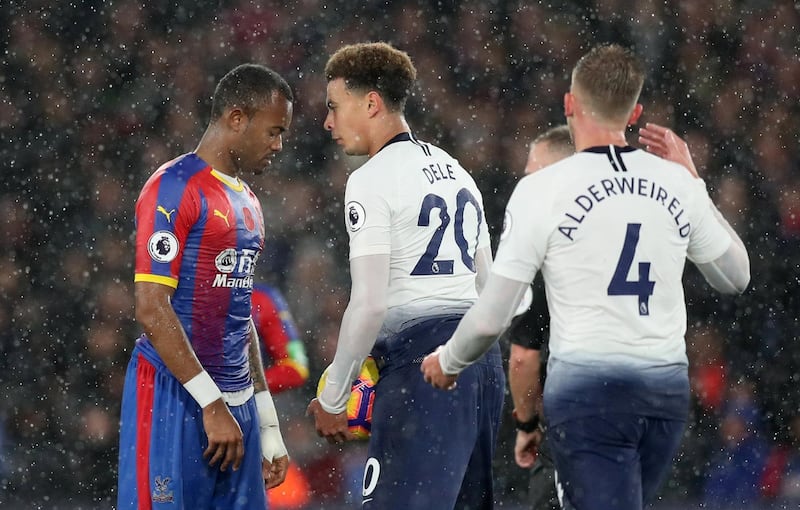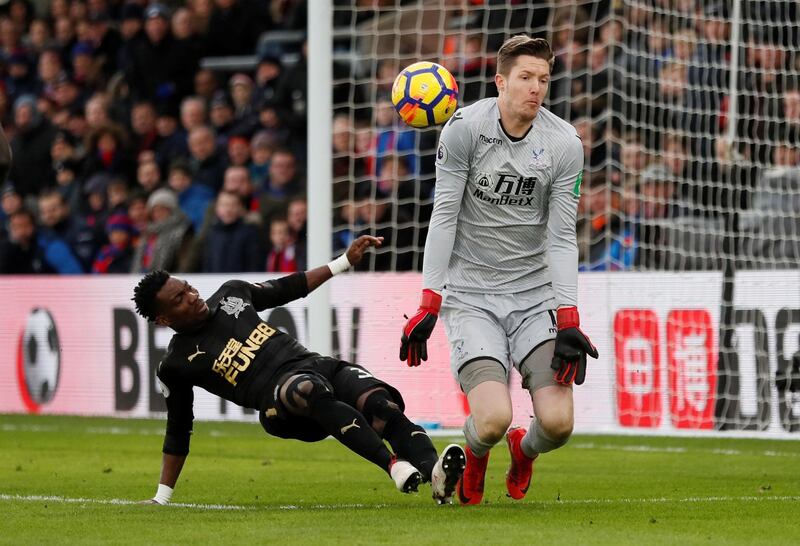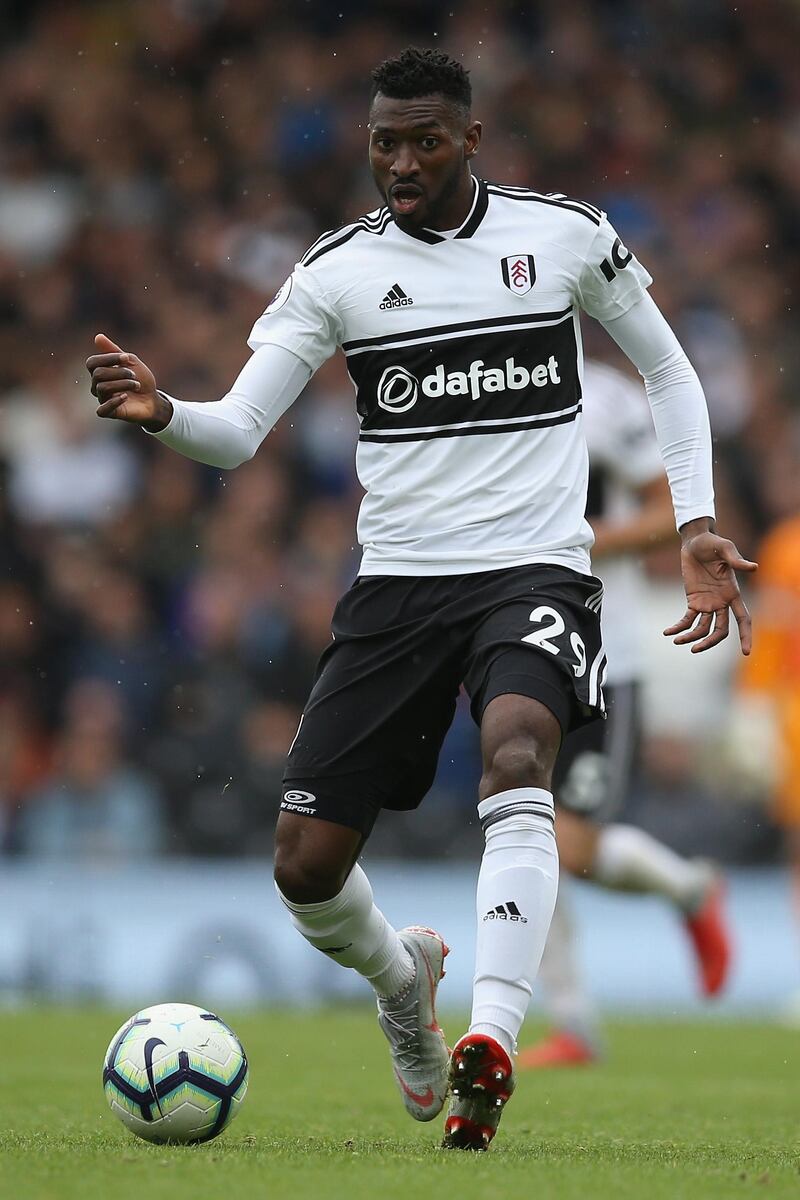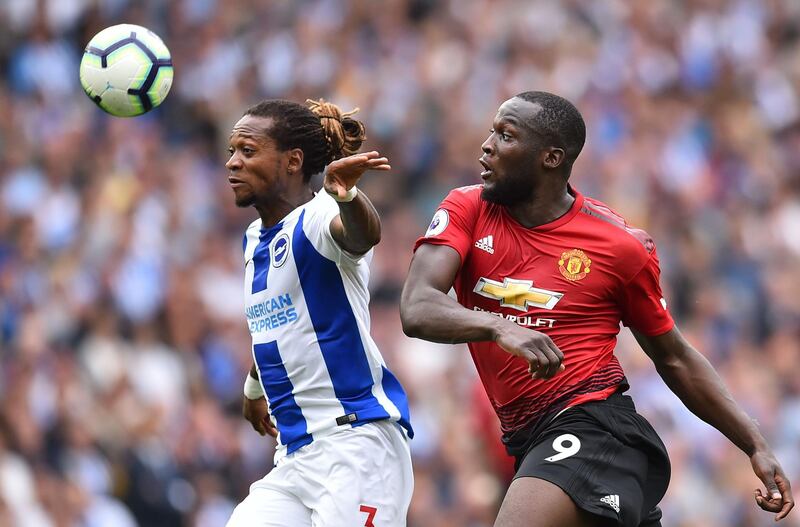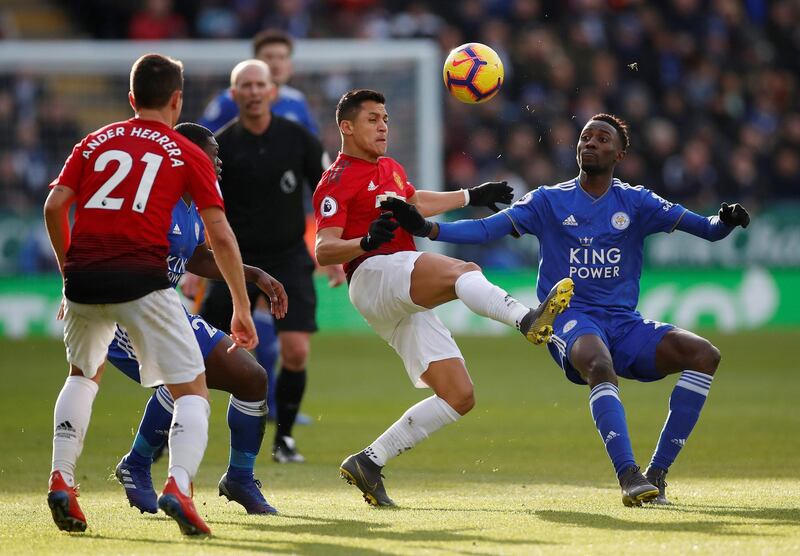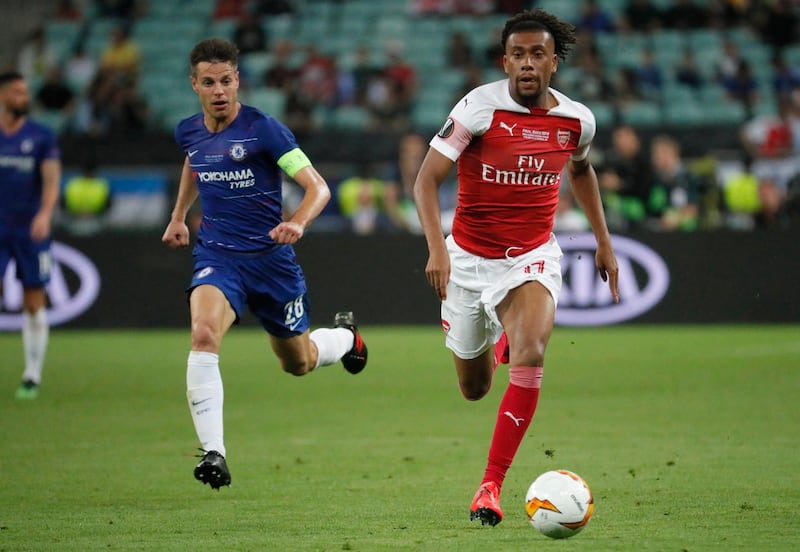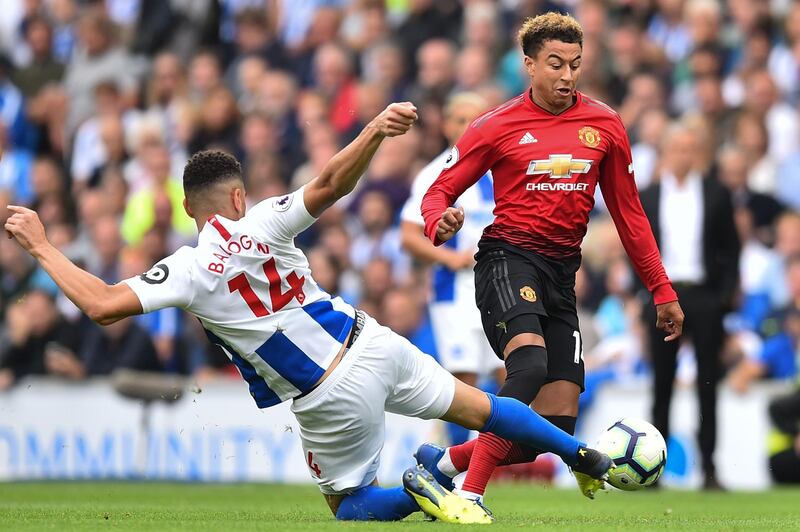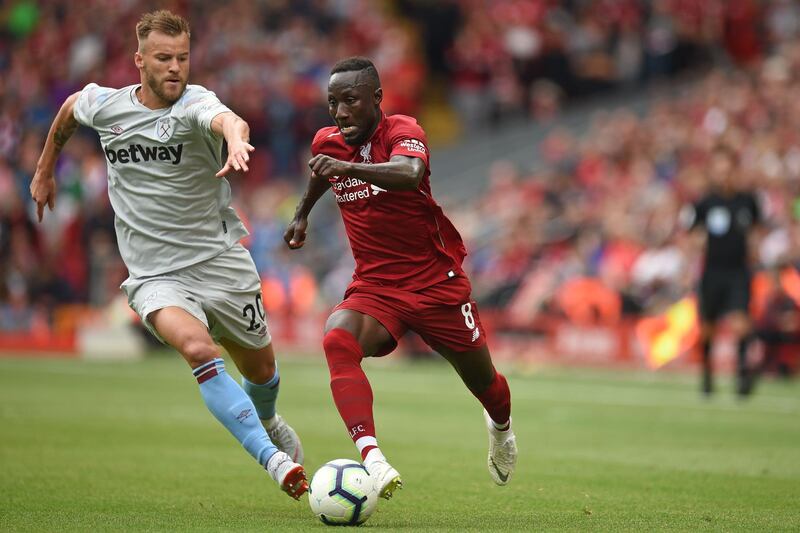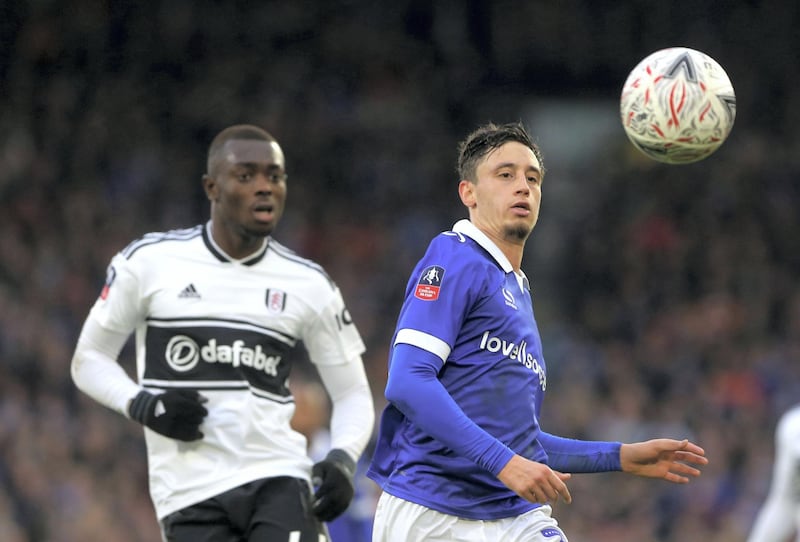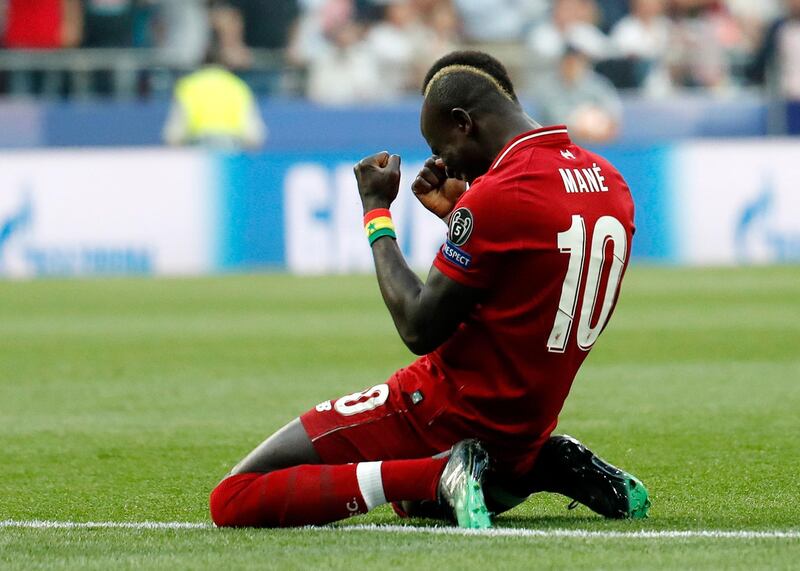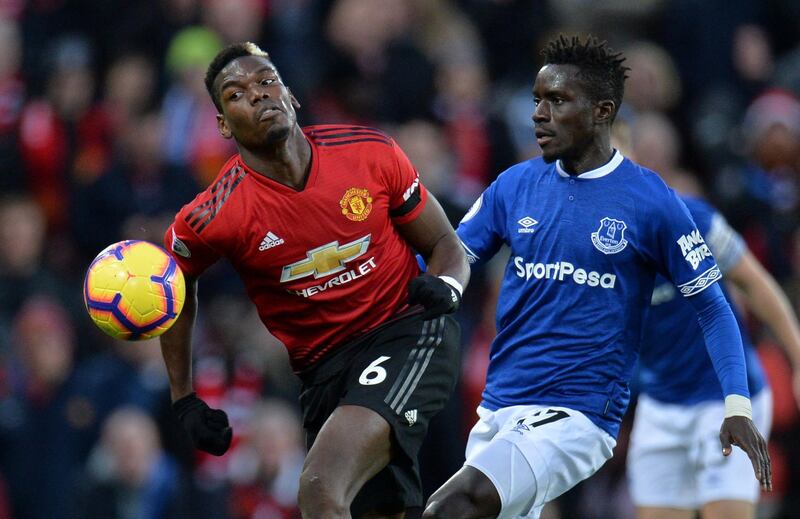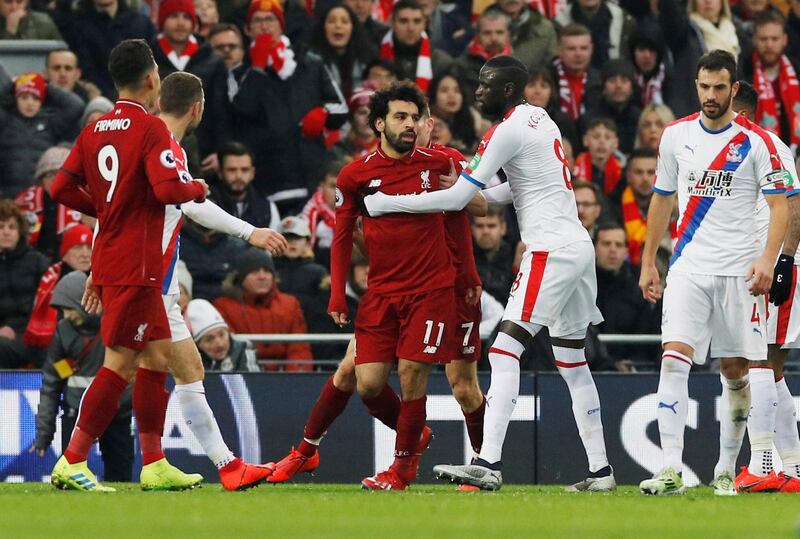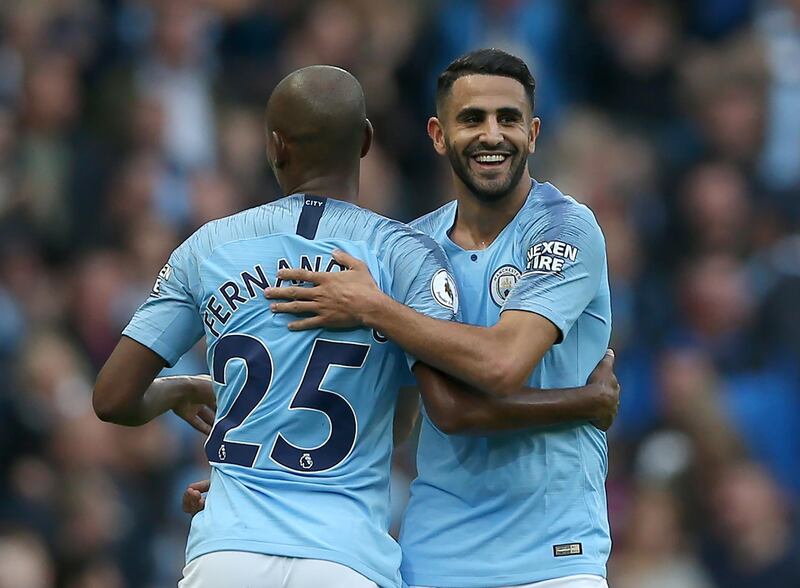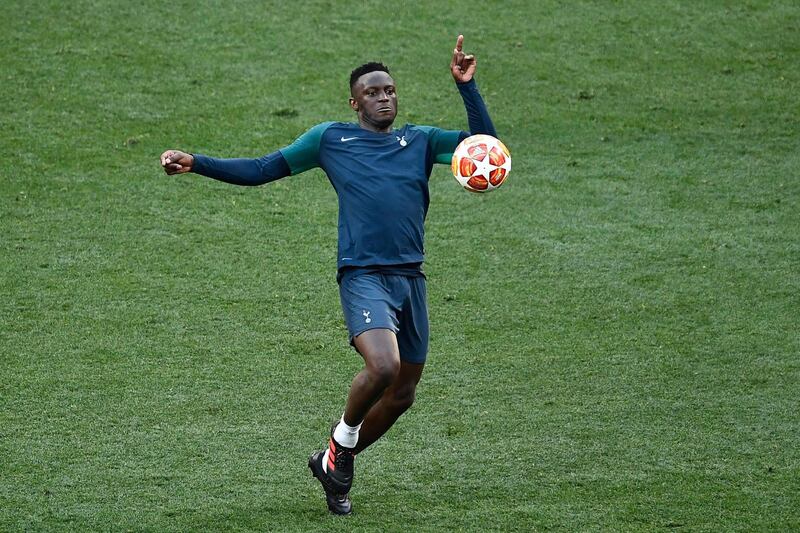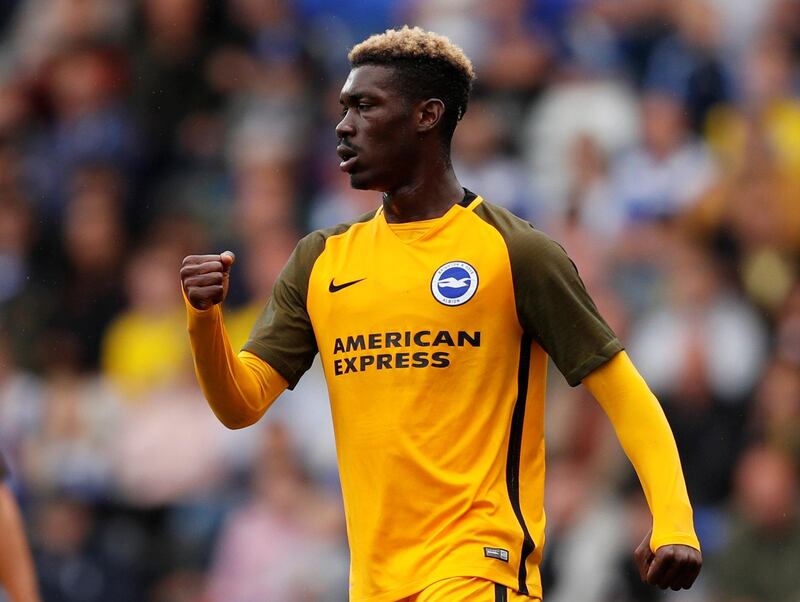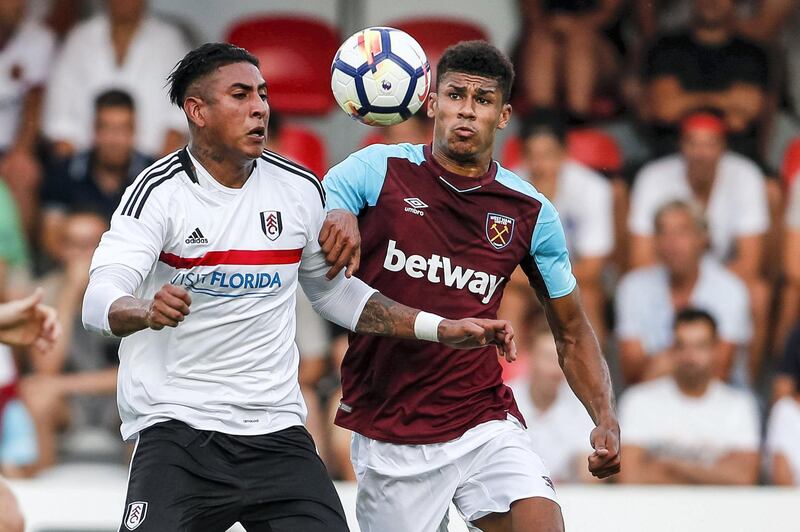It is hard to recall an Africa Cup of Nations so geared towards a single coronation. For the first time since the turn of the millennium, a reigning African Footballer of the Year finds his country hosting the continent’s most watched sporting festival. Make no mistake: it is Egypt’s event but it is set up as the Salah show.
Mohamed Salah’s face peers down from multiple billboards and murals across the land. He is chief custodian of a nation’s anxious but enthusiastic intention to mark a symbolic comeback.
First, the politics: this is an Egypt entrusted, at short notice, with a major international event just four years after its stadiums were reopened, following a long ban caused by horrific violence, spilling over from the social unrest of the Arab spring.
Mainly, there’s the football. Egypt used to be the lordly governors of the Cup of Nations, seven times champions and serial winners in 2006, 2008 and 2010. Then came the plummet: failure to qualify for any of the three Cup of Nations between 2012 and 2015, a symptom of a vibrant football culture in collapse, on and off the pitch.
From the back of beyond, a saviour would emerge. The last time Egypt was preparing to host a Cup of Nations, in 2006, Salah was an intrepid 13-year-old with unusual dedication to his sport.
He covered many miles for the love of it: Salah’s commute to practice with the juniors of the El Mokawloon club in Nasr City, east Cairo, involved a four-hour journey, hopping from bus to bus, from his village, Nagrig.
He would repeat it, there and back, several days a week, after morning school. He did his homework while travelling, and played at wing-back, midfield, or wherever they asked. He did so well that, in time, his coaches arranged for bed and lodgings closer to club, signalling a professional career was within grasp.
Salah made his first-team debut for El Mokawloon three months after Egypt won the 2010 Nations Cup. He was 17, and over the next 18 months his speed, close control and strength on the ball established him as a rising star.
But his career path would be abruptly detoured by national crisis. The Port Said tragedy, in which 72 people died in rioting and crushing, at a February 2012 match between Masry and Al Ahly, led to the wholesale suspension of the Egyptian league.
For an aspiring young talent like Salah, the route to professional progress now had to be in exile. His good luck was to be already earmarked for a role with Egypt’s under-23s at the 2012 Olympic Games.
A friendly game in Switzerland was arranged, in the immediate post-Port Said crisis. Basel were the opposition, Salah came on as a substitute and scored twice. A few weeks later he was signing a four-year contract with Basel.
_________________________
Premier League players on show at 2019 Africa Cup of Nations
_________________________
So, out of adversity began the odyssey of Egypt’s greatest football pioneer. From Basel, to Chelsea, where Salah’s potential passed unappreciated; to Florentina; to Roma amid gathering applause and a single-minded focus on mastering the requirements of the modern striker.
In Italy, Salah acquired tactical nous and sharpened his finishing. He showed his steel, too. He shrugged off the indifference of Chelsea, who signed Salah as a 21-year-old and gave him only six Premier League starts in a year; he weathered the antagonism of Florentina supporters when he chose to join Roma rather than stay in Florence after his brilliant spell there on loan from Chelsea.
Salah had fully won over Roma when he guided Egypt back towards their elite place in Africa’s hierarchy, as runners-up at the 2017 Nations Cup. By that October Salah had made his €50 million (Dh206m) move to Liverpool, and, in between the sensational 44 goals he would score for his new club in his first season at Anfield, he scored the goal that took Egypt to their first World Cup finals since 1990.
As it turned out, the Russia World Cup began with an Egypt denied their lodestar, in the cruellest circumstances. His shoulder injured by a rugged, sly challenge from Real Madrid’s Sergio Ramos early in Liverpool’s defeat at the 2018 Uefa Champions League final, Salah missed the opening match, and, though he played and scored in Egypt’s next two group games - two losses - he was conspicuously short of full fitness.
Twelve months on, the Nations Cup carries the memory of all that. This is Egypt's opportunity for making amends. Salah has already avenged the Champions League wrong done to him in 2018, as scorer of the opening goal in Liverpool’s triumph in the 2019 final against Spurs. Viewed from Cairo, that was just the warm-up for now, the most important month of Salah’s life.
